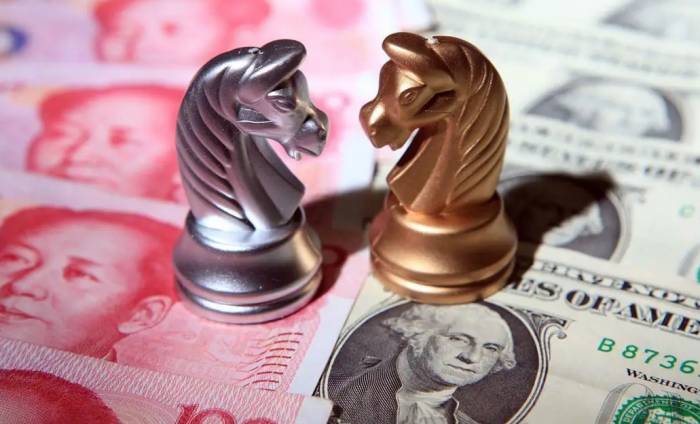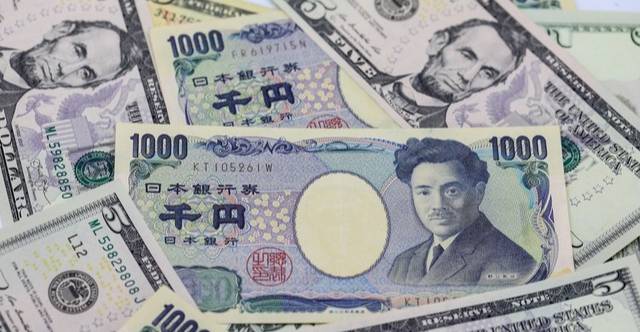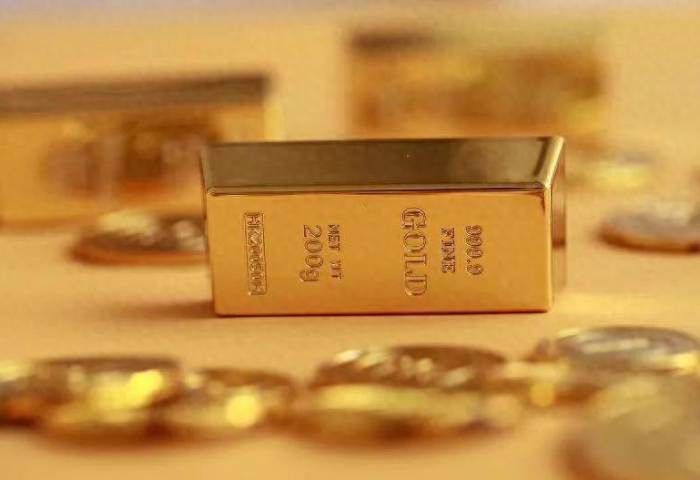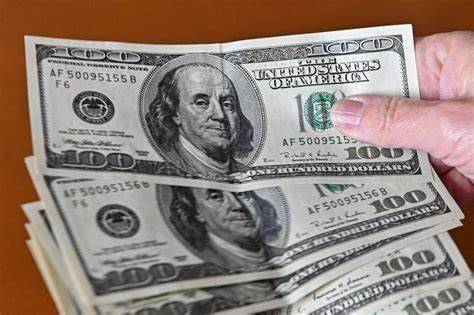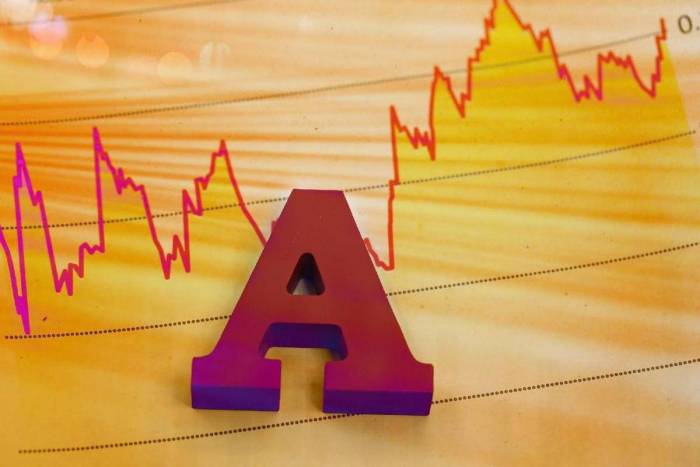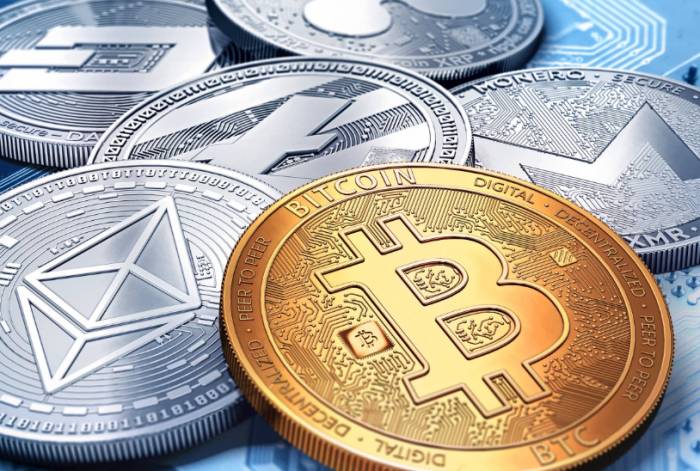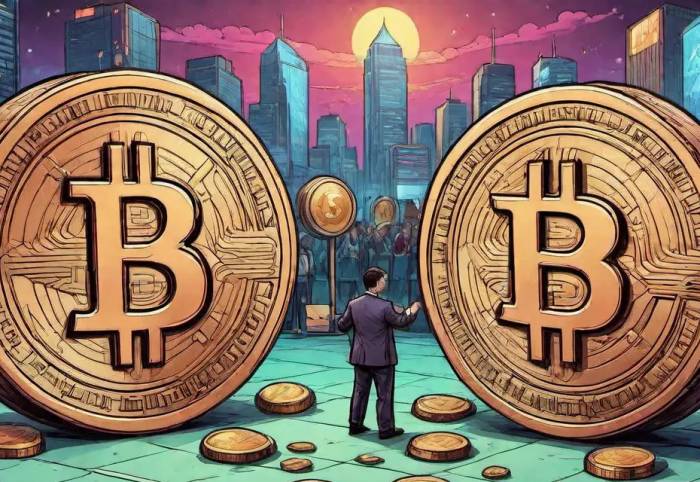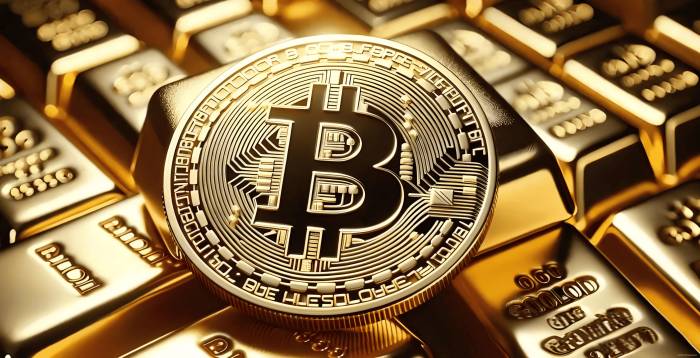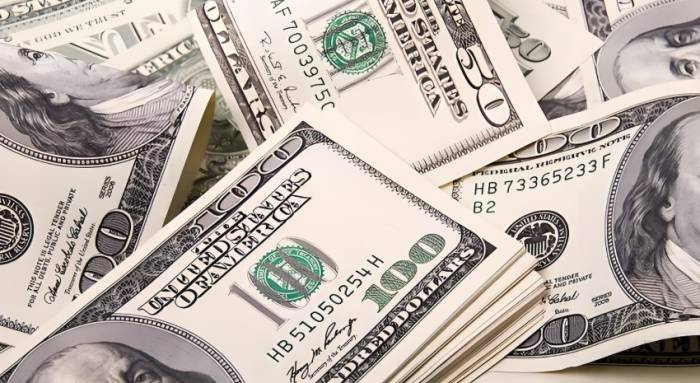In recent months, Baidu has emerged as one of the most talked-about companies in the world of technology, primarily due to its autonomous driving taxi service known as "Luobo Kuaipao" or "Carrot Run." The service has sparked a flurry of discussions across social media platforms, drawing international attention from both critics and enthusiasts alike. The rapid growth in orders for Carrot Run has generated interest not only domestically but also abroad, with foreign users sharing their experiences online. Additionally, prominent figures in the tech industry, including CEO Xiaopeng He from XPeng Motors and Zhou Hongyi from Qihoo 360, have openly commented on the rising success of Carrot Run, further amplifying its visibility.
The driving force behind the recent buzz around Carrot Run stems from a notable increase in its ride-hailing orders. Reports indicate that in some instances, individual cars in the fleet received upwards of 20 orders in a single day—on par with traditional taxi services. Some social media users have even speculated that Baidu might soon eclipse its most formidable competitor, Didi Chuxing, in this burgeoning market.
A pivotal moment for Baidu occurred during the World Artificial Intelligence Conference when the company received permission from the Shanghai government to operate unmanned intelligent vehicles. This achievement marked it as one of the first enterprises permitted to do so in the city. The success of Carrot Run's self-driving services has led to comparable interest in other platforms like Xiaoma Yixing, Saike Intelligent, T3 Mobility, and Ruqi Mobility, underlining the Robotaxi sector as a highly contested field poised for commercialization.
Support from regulatory bodies has backed the rapid advancement of technologies in self-driving and smart interconnected vehicles. As of mid-July 2023, over 20 cities have been approved by the Ministry of Transport as pilot sites for such innovations. Shanghai has especially led the charge with multiple designated testing zones for autonomous vehicles. Consequently, Baidu's stock experienced a significant rally: on July 9, its shares surged by over 8% in the U.S. markets, while Hong Kong stocks climbed by more than 10% the following day. In just a few trading days, Baidu's value soared, with a cumulative market cap reaching $34.74 billion in U.S. dollars and 263.6 billion Hong Kong dollars by mid-July.
The origin of this success story is rooted deeply in Wuhan, which has now distinguished itself as a global leader in autonomous vehicle deployment. Carrot Run, an autonomous taxi service under Baidu, is operational in eleven cities across China, focusing on Wuhan's driverless ride-hailing scene. Baidu aims to have 1,000 unmanned taxis in operation but has managed to deploy only 400 to date. Despite the seemingly small number, these taxis represent a significant step forward for autonomous travel, accounting for around 2.4% of the taxis in the city.
Competition in taxicab services has been marked by adjustments in consumer pricing strategies, with reports indicating that fares on Carrot Run can start as low as 4 yuan for 6 kilometers. Passengers have even humorously remarked that using these self-driving taxis costs less than maintaining personal vehicles for their daily commute—a stark contrast to traditional taxis which often start fares at 10 yuan for a mere 3 kilometers.
Industry experts, such as automotive commentator Zhang Zhiyong, recognize that the appeal of Carrot Run extends beyond its competitive pricing. The allure of autonomous taxis captures consumers' curiosity, especially as they promise stringent safety protocols backed by extensive testing—nearly 30 million miles of active driving experience. Furthermore, the attributes inherent to self-driving vehicles—like enhanced privacy, cleanliness, and the absence of human drivers—generally resonate more with the younger demographic.
However, concerns loom regarding the profitability of these autonomous services. Analysis suggests that Carrot Run faces substantial challenges before achieving financial viability. On the revenue side, steep subsidies and limited operational mileage restrict overall income generation because of regulatory barriers that prevent cross-regional rides. Costs associated with vehicles, safety drivers, and support operations also contribute to financial strain, leaving the service currently unable to cover operational costs.
Excluding research and development costs, the expenditures for each autonomous vehicle stand at approximately 480,000 yuan. Given the constraints of mandatory retirement for vehicles after eight years, with a daily depreciation of around 160 yuan, the operation of these taxis—theoretically requiring three safety operators per vehicle—exceeds 370 yuan a day against revenue of roughly 150 yuan per car. Therefore, profitability remains a distant objective.
Nevertheless, cost reductions in technology and optimizing operations could eventually alter these dynamics. The introduction of the sixth-generation RT6 vehicle, priced at just over 20,000 yuan, along with expected reductions in the workforce necessary for safety monitoring, paint an optimistic picture for the future of Carrot Run's bottom line. Investors are betting heavily on the potential upswing of this sector, reinforced by data signaling an increase in ride orders.
The optimistic sentiment among investors underscores a pivotal moment for autonomous rides. As the size of the autonomous vehicle market continues to swell, companies like T3 Mobility are cemented as significant players, enhancing the competitive landscape. The marketplace for Robotaxis has received a visible boost due to policy support, which means profitability for Baidu's Carrot Run might be achievable sooner rather than later.
In a twist of fate, Carrot Run's meteoric rise seems to spell trouble for Didi. Established in 2012, Didi once ruled the ride-hailing industry, boasting an average of 25 million daily orders by 2017. However, its strategies now find themselves competing against a new generation of technological advancement. Critics frequently point out Didi's failure to effectively manage driver compensation—an issue Carrot Run sidesteps entirely by eliminating the need for human drivers.
As Carrot Run disrupts the established order, questions loom regarding how Didi will adapt. The traditional taxi market cannot indefinitely sustain its previous structure against an emerging competitor that offers a seemingly more streamlined, cost-effective solution.
With Baidu investing billions of yuan into autonomous driving technology over the years, the breakthrough for Carrot Run exemplifies a promise fulfilled, despite the growing pains of an evolving industry. Managing interactions between traditional taxi fleets and autonomous services will undoubtedly be one of Baidu's prominent challenges moving forward.





